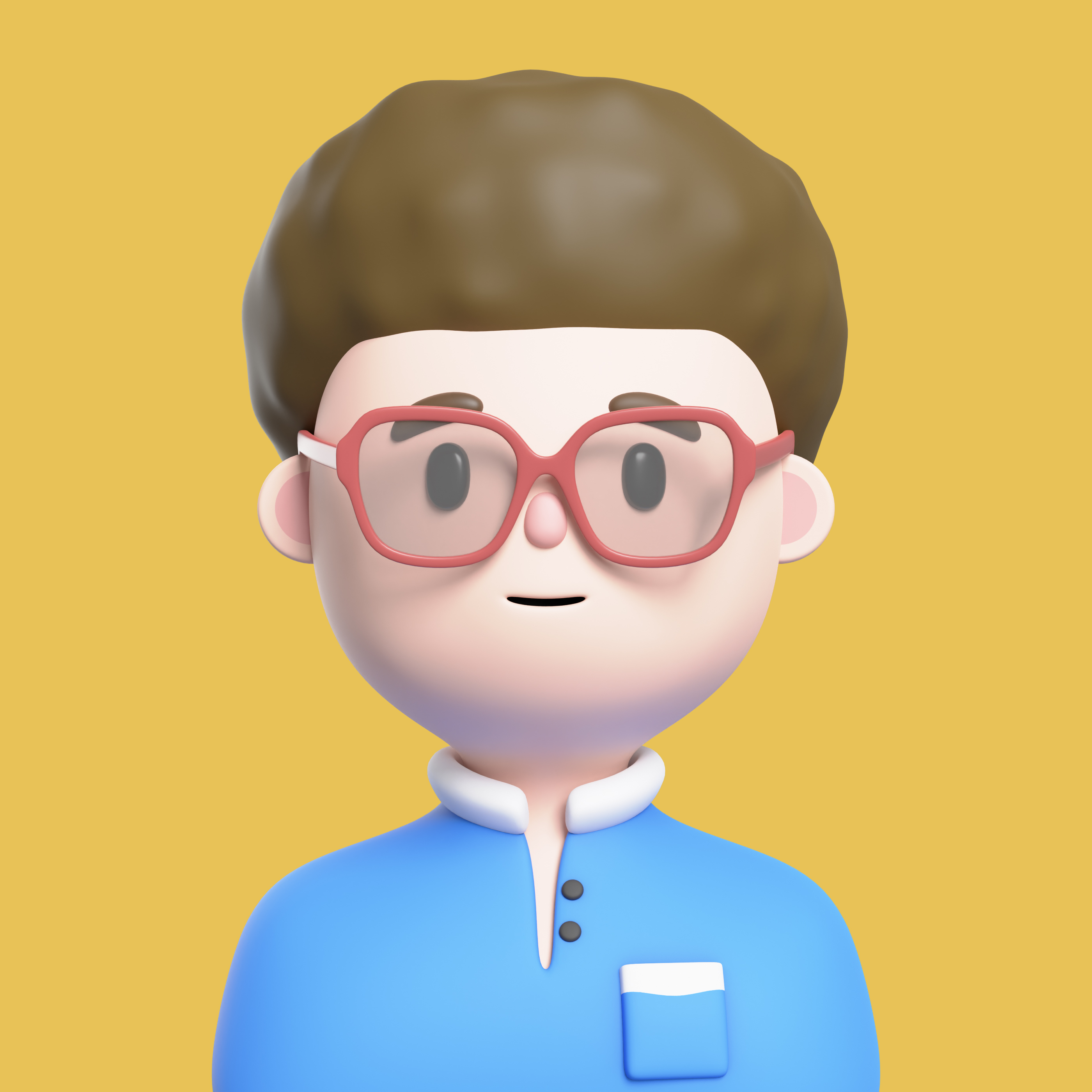The AI Revolution: Job Killer or Job Creator?
The rapid advancement of Artificial Intelligence (AI) is sparking a global debate about its impact on the workforce. Tools like ChatGPT, Midjourney, and sophisticated automation platforms are already changing how we work. But will AI lead to mass unemployment, or will it usher in an era of new, AI-augmented jobs?
Industries Most Affected:
- Customer Service: AI-powered chatbots are handling increasing volumes of customer inquiries.
- Data Entry & Analysis: AI can process and analyze large datasets far faster than humans.
- Content Creation: Generative AI can produce text, images, and even code.
- Manufacturing & Logistics: Robotics and AI-driven optimization are common.
The Case for Job Creation:
- New Roles: Demand is surging for AI specialists, data scientists, AI ethicists, and prompt engineers.
- Augmented Capabilities: AI can handle repetitive tasks, freeing up humans for more creative, strategic, and complex problem-solving.
- Increased Productivity: AI can boost efficiency, potentially leading to economic growth and new industries.
- Accessibility: AI tools can empower individuals and small businesses with capabilities previously only available to large corporations.
Navigating the AI Transition:
- Upskilling and Reskilling: Continuous learning and adapting to new technologies will be crucial.
- Focus on Human-Centric Skills: Creativity, critical thinking, emotional intelligence, and complex communication will remain valuable.
- Embrace AI as a Tool: Learn how AI can enhance your current role rather than replace it.
The Future of Work: The future is likely a hybrid model where humans and AI collaborate. While some jobs will undoubtedly be automated, AI also holds the potential to create new avenues for employment and innovation. Adaptability will be key.
How are you preparing for the AI-driven future of work?

